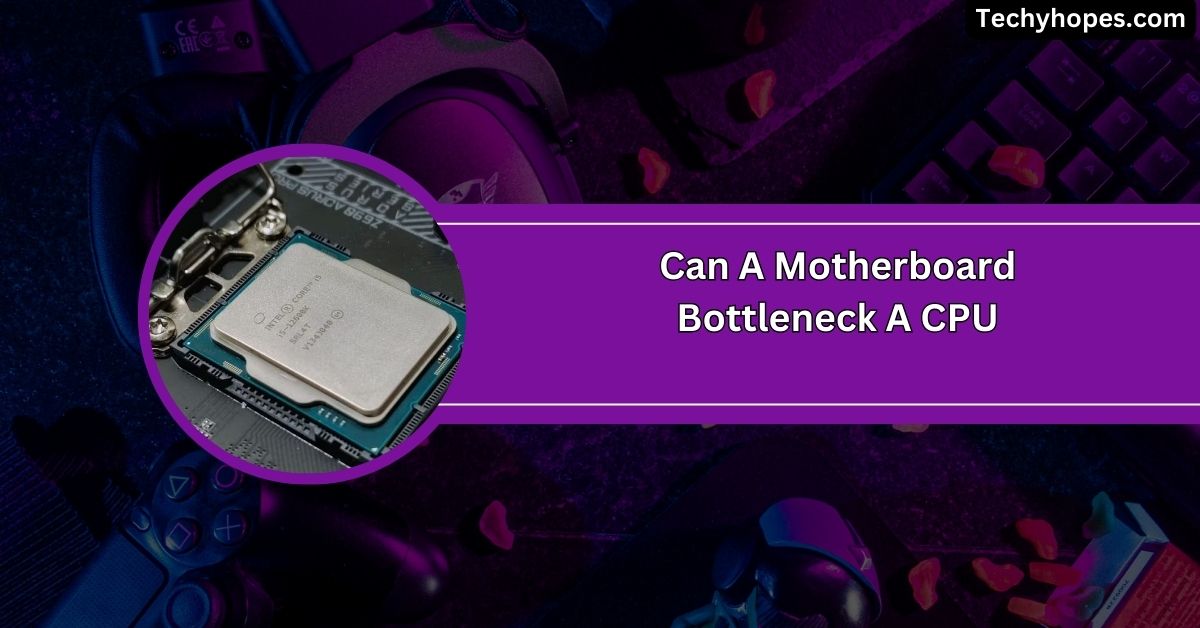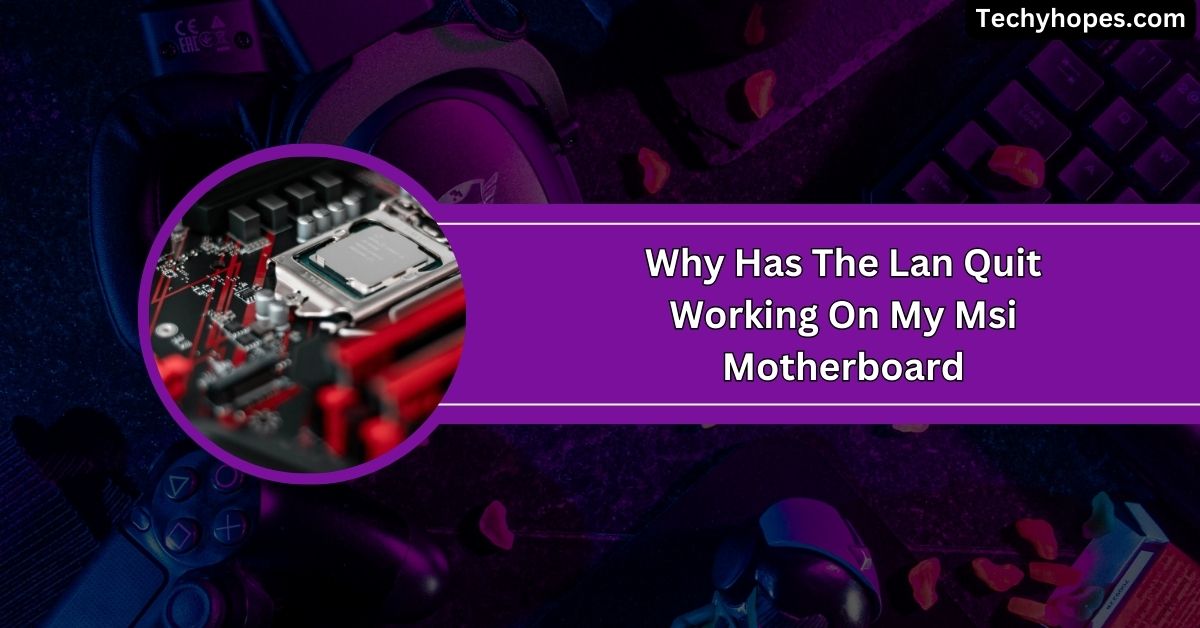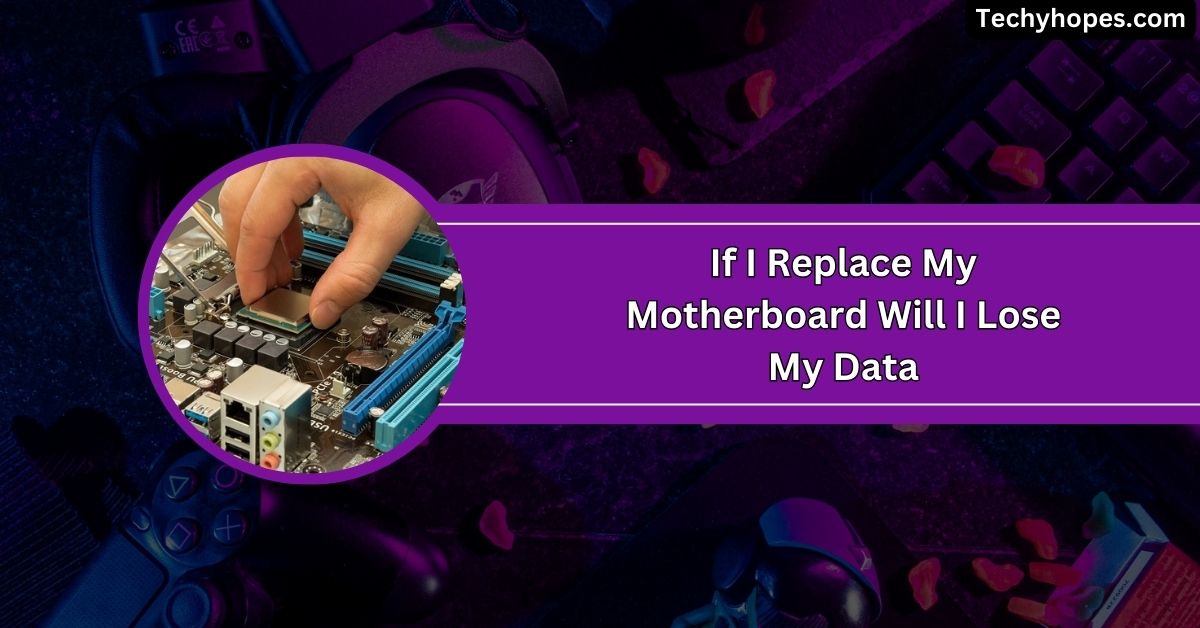One common concern when building or upgrading a PC is whether the motherboard can bottleneck your system.
Yes, a motherboard can bottleneck a CPU if it lacks proper power delivery, compatibility, or features to support the CPU’s full potential. However, it’s not a common issue and usually happens with older or incompatible motherboards.
This article will explore how motherboards can affect system performance and offer tips for avoiding bottlenecks in your setup.
Understanding the Potential of a Motherboard to Bottleneck a CPU
A motherboard can limit a CPU’s performance if it doesn’t support the CPU’s needs. For example, the CPU can’t work at its full potential if the motherboard doesn’t provide enough power, cooling, or the right features.
This is called a bottleneck. A good motherboard is designed to support high-performance CPUs, ensuring the system runs smoothly and efficiently.
To avoid bottlenecks, you need a motherboard that complements the CPU’s power, thermal, and memory needs. Understanding this relationship helps you get the most out of your system without unnecessary limitations.
1. CPU Socket Compatibility

The CPU socket is the physical connection between the motherboard and the processor. Each CPU has its specific socket type, and it’s important to ensure the motherboard’s socket matches the CPU.
If the socket isn’t compatible, you won’t be able to install the CPU. Even if they’re physically compatible, the motherboard might not support all the features of the CPU, such as overclocking or specific power needs.
Always check the socket type and CPU compatibility to avoid performance issues and ensure your CPU can perform at its best.
2. Power Delivery and Thermal Design
Power delivery and thermal design are key factors in a CPU’s performance. A motherboard must supply stable CPU power, especially high-performance processors that demand more energy.
Poor power delivery can cause instability or overheating. Thermal design is just as important as CPUs generate heat.
If the motherboard can’t cool the CPU properly, it can lead to throttling, where the CPU reduces its speed to prevent overheating.
A good motherboard has strong power phases and cooling solutions to keep the CPU running smoothly and prevent bottlenecks.
3. Memory Support
Memory support refers to how well a motherboard works with RAM to help the CPU perform at its best. Different motherboards support different types of RAM, including speeds, sizes, and channels.
It could slow down performance if your motherboard doesn’t support high-speed memory or the amount your CPU needs.
Choose a motherboard that supports the CPU’s memory requirements, including dual or quad channels and high-speed RAM, for optimal performance.
This ensures smooth performance, especially in memory-heavy gaming, video editing, or 3D rendering tasks.
Expansion Slots and Peripheral Compatibility
Expansion slots allow adding components like graphics cards, network cards, and storage devices. The motherboard’s expansion slots must provide enough bandwidth to handle high-speed devices, especially for gaming or video editing tasks.
If the motherboard has limited PCIe lanes or older slots, data flow between the CPU and peripherals could be restricted, causing a bottleneck.
Additionally, ensure the motherboard is compatible with the peripherals you plan to use. This way, you can fully utilize your CPU without performance limitations caused by poor peripheral support.
Need To Know: Do Motherboards Come With Sata Cables? – Detailed Guide!
The Impact of Motherboard Components on CPU Performance
1. Chipset
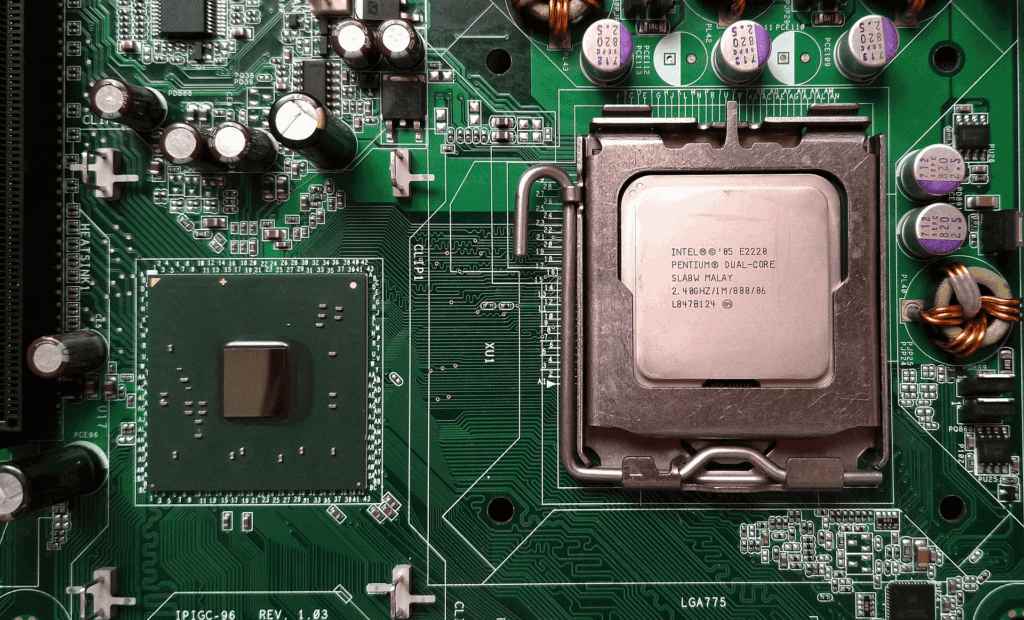
The chipset is an important motherboard that helps manage communication between the CPU, memory, and peripherals.
A good chipset allows faster data transfer, compatibility, and more advanced features. If the motherboard has a weak or old chipset, it could limit the CPU’s ability to perform well, causing a bottleneck. A modern chipset is essential for fully unlocking a CPU’s potential.
2. BIOS and Firmware
BIOS and firmware control the motherboard’s settings and ensure the hardware works properly with the CPU.
If the BIOS is outdated, it could cause compatibility issues, preventing the CPU from performing at its best.
Regularly updating the BIOS ensures the motherboard supports new features, optimizations, and bug fixes, allowing the CPU to run efficiently. A well-optimized BIOS can prevent bottlenecks and improve overall system stability.
3. Onboard Audio and Networking Solutions
Onboard audio and networking solutions help reduce the load on the CPU by handling tasks like sound and network connectivity.
If these components are of low quality or outdated, the CPU may have to work harder, leading to reduced performance.
High-quality onboard audio and faster networking can enhance the user experience in gaming, streaming, and other demanding tasks, ensuring the CPU focuses on more critical operations.
The Impact of Motherboards on CPU Performance
The motherboard plays a vital role in how well your CPU performs. It connects all your system components, like memory, storage, and peripherals, to the CPU, and any issues with these connections can limit the CPU’s potential.
A high-quality motherboard ensures stable power delivery, proper cooling, and the right support for the CPU’s features. If
the motherboard doesn’t provide the necessary resources, such as high-speed data transfer or enough power, it can cause a bottleneck.
Choosing the right motherboard is key to getting the most out of your CPU and ensuring smooth, efficient performance for all tasks.
Can a motherboard bottleneck a CPU for gaming?
Yes, a motherboard can bottleneck a CPU in gaming. If the motherboard doesn’t provide enough power or support for the CPU’s features, it can limit the CPU’s performance, causing lower frame rates or stuttering during gameplay. A compatible motherboard is key for smooth gaming.
Can a motherboard bottleneck a GPU?
Yes, a motherboard can bottleneck a GPU. The GPU can’t perform at its best if the motherboard doesn’t support enough PCIe lanes or the latest version. This results in slower graphics processing, limiting the GPU’s full potential in demanding games.
Bottleneck Calculator
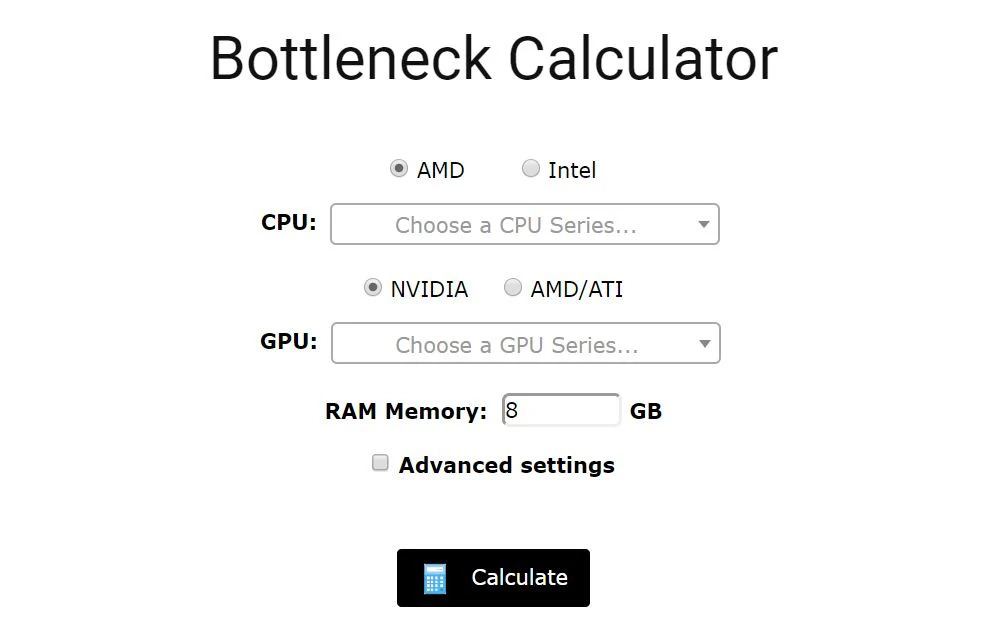
A bottleneck calculator helps determine if your system components limit each other’s performance. It compares your CPU, GPU, and other parts to show whether one is holding back overall performance. It’s a great tool for optimizing your build and avoiding unnecessary bottlenecks.
Motherboard Bottleneck Calculator
A motherboard bottleneck calculator checks if your motherboard is slowing down the performance of other components like the CPU or GPU.
It helps identify if your motherboard’s power, cooling, or expansion slots limit performance. Using this tool ensures you have the right motherboard for your system.
Must Read: What Are Motherboard Diag Jumpers Marlin – Complete Guide!
Can motherboard bottleneck RAM?
Yes, a motherboard can bottleneck RAM. If the motherboard doesn’t support the correct memory speed or capacity, it can limit the RAM’s potential, affecting overall system performance. To avoid this, ensure your motherboard supports the type and amount of RAM needed for your tasks.
CPU Motherboard Bottleneck
A CPU motherboard bottleneck occurs when the motherboard doesn’t fully support the CPU’s power or features.
This can lead to slower performance or system instability. Choosing a compatible motherboard with good power delivery and support for overclocking or high-speed memory helps avoid this bottleneck.
Can a motherboard affect performance?
Yes, a motherboard can affect overall performance. It connects all components, and if it doesn’t provide enough power, cooling, or the right features, it can slow down the CPU, RAM, or GPU. A high-quality motherboard ensures efficient performance across your system, avoiding bottlenecks.
Can my motherboard bottleneck my system?
Yes, your motherboard can bottleneck your system. It can slow down the CPU or GPU, limiting overall system performance if it doesn’t provide enough power, support for high-speed memory or enough PCIe lanes. A high-quality motherboard ensures smooth system operation.
Can your motherboard bottleneck your GPU and CPU?
Yes, a motherboard can bottleneck both your GPU and CPU. Suppose the motherboard lacks sufficient power delivery, has outdated PCIe slots, or has poor cooling.
In that case, it can restrict the CPU and GPU’s performance, leading to lower system performance and instability.
Will a bad motherboard cause a PC to bottleneck?
Yes, a bad motherboard can cause a bottleneck in your PC. If the motherboard is outdated or incompatible with your CPU or GPU, it might not provide enough power, cooling, or bandwidth, leading to performance issues. A quality motherboard ensures optimal performance.
Can motherboards bottleneck your gaming system?
Yes, a motherboard can bottleneck your gaming system. It can limit gaming performance if it can’t support high-end CPUs, GPUs, or fast memory.
A motherboard with good power delivery, PCIe lanes, and cooling is necessary to avoid bottlenecks and ensure smooth gameplay.
Will My CPU Bottleneck my RTX3080ti?
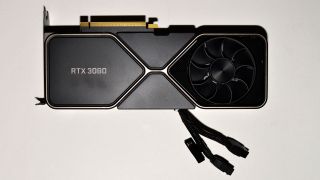
Depending on its performance, your CPU may bottleneck your RTX 3080 Ti. If your CPU is older or slower, it may not keep up with the GPU’s processing power, limiting the overall gaming performance. Ensure your CPU matches your GPU’s capabilities for optimal performance.
Can a motherboard bottleneck a system?
Yes, a motherboard can bottleneck a system if it doesn’t provide adequate support for high-performance components like the CPU, RAM, or GPU.
Insufficient power delivery, outdated slots, or poor cooling can all slow down your system, reducing its overall performance.
Cause of CPU bottleneck, would a new motherboard fix it?
A new motherboard might help fix a CPU bottleneck if the current one doesn’t support the CPU’s power or features. However, if the CPU is too weak for your tasks, upgrading the CPU itself may be necessary to eliminate the bottleneck.
Can’t tell if my motherboard is causing bottleneck
If you can’t tell if your motherboard is causing a bottleneck, check for issues like system instability, slow performance, or poor power delivery.
Using a performance monitoring tool or testing with a different motherboard can help identify if the motherboard is the issue.
You Should Know: Can I Use 2400mhz RAM In 3200mhz Motherboard? – Read It!
Is this GPU a bottleneck for my old CPU?
Yes, your older CPU could bottleneck a new GPU, limiting its full performance. Older CPUs may not be fast enough to keep up with the GPU’s power, causing lower frame rates or slower processing. Upgrading the CPU could help eliminate the bottleneck.
FAQs
1. Does motherboard affect CPU performance?
Yes, the motherboard affects CPU performance by providing the power and support needed for the CPU to run efficiently.
2. How do I tell if my motherboard can handle a CPU?
For optimal performance, check the motherboard’s socket type, power delivery system, and compatibility with the CPU’s generation and features.
3. Does motherboard affect bottleneck?
Yes, an outdated or incompatible motherboard can cause bottlenecks by limiting a system’s CPU or GPU’s performance potential.
4. What are signs of CPU bottleneck?
Low frame rates, lag, system stuttering, and the CPU running at full capacity during tasks are signs of CPU bottlenecking.
5. How can I tell if I can upgrade my CPU on my motherboard?
Before upgrading, check the motherboard’s CPU compatibility list, socket type, power delivery system, and BIOS support for the new CPU.
6. Can a CPU be too powerful for a GPU?
Yes, if the CPU is too powerful for the GPU, it may not reach its full potential, causing a performance imbalance.
7. What is a bottleneck on a computer motherboard? Are they necessary?
A bottleneck occurs when the motherboard limits the performance of other components. Bottlenecks aren’t necessary and should be avoided.
8. What is a bottleneck? Is it possible for the motherboard to be a bottleneck for an SSD?
A bottleneck is when a component slows down the system. Yes, a motherboard can bottleneck an SSD if it’s incompatible or outdated.
9. Will 2-year-old motherboard cause a bottleneck in performance with the new GPU?
If the motherboard lacks the required PCIe lanes or power delivery, the GPU’s performance may be limited.
10. Can a Motherboard bottleneck a GPU or will bottlenecking only occur with a GPU’s and CPU’s interaction?
A motherboard can bottleneck a GPU if it lacks sufficient PCIe lanes or bandwidth, affecting GPU performance and the CPU.
Conclusion
In conclusion, while motherboards rarely bottleneck CPUs, they are crucial in supporting performance. Choosing the right motherboard with adequate power, cooling, and compatibility ensures your CPU, GPU, and other components work together efficiently, avoiding bottlenecks.

